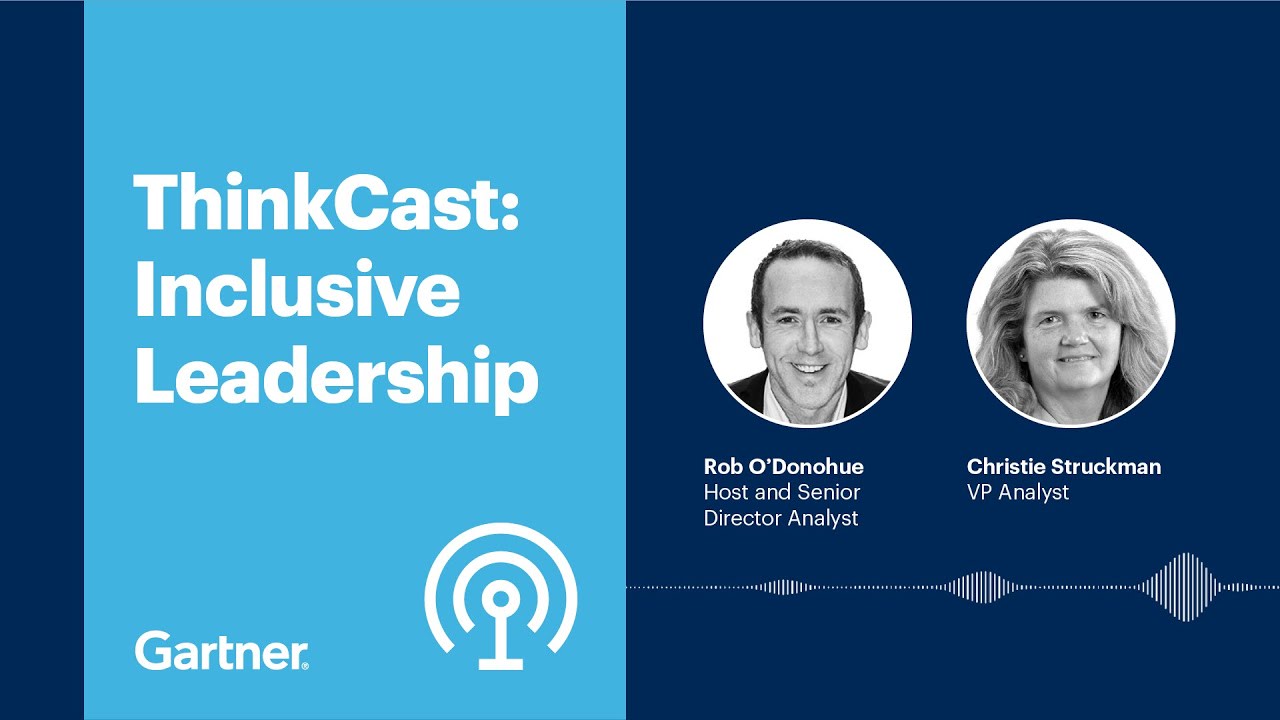How to Handle Opposition to Diversity, Equity, and Inclusion Efforts
Gartner Inc

DEI initiatives have always faced opposition, but a greater focus on them has increased it. HR leaders can highlight DEI resistance by identifying and articulating pushback. HR leaders should communicate the need for DEI initiatives and anticipate concerns or perceived threats, foster employee empathy by raising awareness about social inequity, and invite all employees to advance DEI.
In the face of the COVID-19 pandemic and a worldwide reckoning about racial injustice, many organizations have taken action to engage with social issues that were previously avoided at work. These include conversations about racial and ethnic injustices, the socioeconomic disparities exposed by the pandemic, and other polarizing themes, many of which overlap with diversity, equity and inclusion (DEI).
Unsurprisingly, 31.4% of employees report DEI has received more attention within their organizations in the last two years. Organizations’ commitments to DEI have grown, but so has the pushback to DEI efforts. Forty-four percent of employees agree a growing number of their colleagues feel alienated by their organization’s DEI efforts, 42% of employees report their peers view their organizations’ DEI efforts as divisive, and another 42% say their peers resent DEI efforts.
Failing to actively address pushback can mean losing progress with DEI. On an individual level, pushback can cause alienation or backlash toward marginalized employees. At the organizational level, pushback can result in decreased workforce engagement and inclusion, potentially resulting in attrition.
Pushback to DEI efforts can stem from two types of perceived threats:
Threat to individual identity:
Employees may respond negatively if they perceive DEI efforts as a threat to their self-identities. For employees from dominant groups in particular, DEI efforts may pose a significant threat to maintaining positive self-views or beliefs (i.e., seeing oneself as a person with positive or valued traits, such as being fair or anti-racist, etc.) When individuals from dominant groups feel shamed or blamed for DEI challenges in the workplace, they can be motivated to respond defensively to restore a positive sense of self. This defensive posture may manifest in pushback.
Threat to social identity:
Employees also derive a positive sense of self from the groups they belong to. Belonging to groups with high status and valued attributes contributes to employees’ positive social identities and their ability to access resources. DEI efforts may be perceived as threats to the positive social identities employees derive from being a part of dominant groups (e.g., men, powerful racial/ethnic groups, cisgender).
Employees may fear DEI initiatives will not only cast aspersions on the virtue of their groups (e.g., promoting the idea of whites being racist, or of men being sexist) but also cause them to lose the privileges and power such group membership bestows (e.g., access to senior leaders and career opportunities). Employees from dominant groups may push back when they feel DEI initiatives are unfairly targeting them for their racial or gender identities, or constitute “reverse discrimination” against historically advantaged demographic groups.
Pushback can be tricky to navigate, because HR leaders and organizations are already dealing with an emotionally charged situation. Once organizations identify and understand the nature of pushback, they should move their focus to managing and mitigating it. Organizations must be cautious about continuing to center the experiences of marginalized groups when addressing pushback.
Pushback arguments can also be traced back to a lack of clarity on employees’ role in DEI. HR leaders can involve employees by holding individuals accountable for DEI engagement. One way to do this is to encourage employees, especially those from dominant groups, to engage in ERG membership and to leverage their skills, networks and interests to ideate and contribute to sponsorship programs.
This article originally appeared in the April 2022 edition of HR Leaders Monthly Magazine. Download the full issue here.
Source: Gartner newsroom




